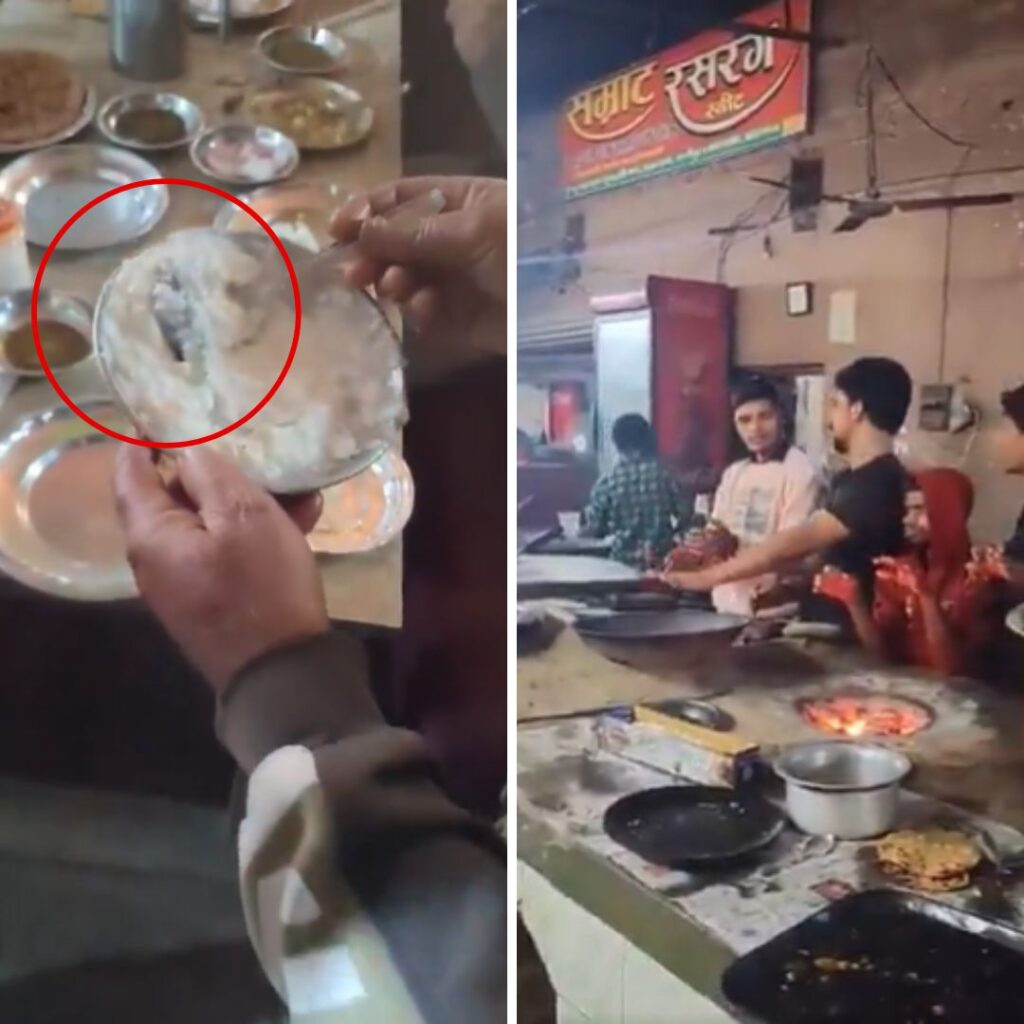The plastic pollution crisis is a climate crisis, a biodiversity crisis, a public-health crisis and a crisis of accountability blended into one. Yet, regardless of the increased awareness, plastic production is skyrocketing – expected to double by 2030 – and, despite all the talk of clean-ups and recycling, plastics keep ending up in our mountains, rivers and oceans.
According to the Central Pollution Control Board (CPCB), 60 major cities in the country generate around 25,940 tons of plastics per day, of this around 60% is recycled mainly by the informal sector while the rest (approximately 9,400 tons) ends up in the environment. These numbers are perhaps a highly conservative reflection of the reality on the ground. India’s leading plastic industry body, Plast India Foundation, has estimated annual consumption of 16.5 million tonnes of plastics in 2017-18. A staggering 43%, or 7 million tons, of this, is single-use and packaging plastics that have no recycling value.
In the South Asian context, it is the Multi-layered packaging (MLP) that contributes significantly to the plastic pollution crisis. MLP uses a variety of plastics, primarily Polyethylene (PE), Polypropylene (PP), Polyvinylchloride (PVC), and PET. However, PE and PP account for ~ 62% of polymer usage in the flexible or multi-layered packaging industry.
Plastic Industry tactics to derail unfavourable legislation in India
A groundbreaking report by the Changing Markets Foundation shows how the plastics industry has used different tactics to distract, delay and derail unfavourable legislation. Industry delaying tactics include lobbying to delay unfavourable legislation, to protect the status quo for longer and to remain primed for future opportunities to influence or weaken the legislation.
The industry has applied similar tactics in countries like India (see India report) which has been buried under the exponentially growing plastic trash. Indian policies on plastic waste management have been evolving in response to the growing nature of the crisis. The country’s first law on plastics was announced in September 1999 with an aim to restrict the use of plastic carry bags (20 microns and less) and prevent the packing of food in recycled plastic. The 1999 rules were amended in 2003 with the aim to dilute the restriction on carrying bags but with a caveat mandating registration of manufacturing units with regional pollution control authorities. Eventually, as the plastic crisis moved beyond carrier bags, the government announced the draft Plastics (Manufacture, Usage and Waste Management) Rules in 2009. The 2009 draft rules were relatively ambitious, as it was the government’s first attempt at regulating the unrestricted use of multi-layered plastics for packaging. The deliberations on the 2009 draft spanned over the course of a year and the final rules were notified in February 2011 as the Plastic Waste (Management and Handling Rules, 2011).
However, in its final iteration, the expert committee reviewing the draft dropped the restrictions on multi-layered plastics following representations from the Indian Institute of Packaging (IIP) and the Federation of Indian Chambers of Commerce and Industry (FICCI). The IIP is an autonomous body under the Ministry of Commerce and Industry but it solicits members from the plastic industry. IIP’s current membership base comprises of 593 companies which include lifetime members like Hindustan Coca-Cola Beverages Pvt. Ltd., Hindustan Unilever Ltd., Colgate Palmolive India Ltd., ITC Ltd., Procter & Gamble among others. Its lifetime and patron membership fund currently amount to Rs.15 crores (approx. US$270,000).
Eventually, the launch of the Swachh Bharat Abhiyan (Clean India Mission) laid the foundation for the next iteration of the rules. The Plastic Waste Management (PWM) Rules were notified in March 2016 to supersede the Plastic Waste (Management & Handling) Rules, 2011. The 2016 rules were hailed as the most progressive because of its emphasis on the responsibility on manufacturers and brand owners. Furthermore, they also proposed a comprehensive framework on Extended Producer Responsibility (EPR). The rules were also dubbed as the boldest for recognising the menace caused by single-use multi-layered packaging plastics. Clause 9(3) of the rules stated that; ‘manufacture and use of non- recyclable multi-layered plastic if any should be phased out in two years’ time’.
According to environmental groups fighting plastic pollution, the 2016 rules were landmark legislation that promised to push the complacent industry towards adopting alternative packaging and delivery mechanisms. However, the rules were rendered toothless via a crucial amendment in 2018. The Plastic Waste Management (Amendment) Rules, 2018 specifically targeted clause 9(3). The amendment proposed substituting the phrase ‘non-recyclable multi-layered plastic if any’ with ‘multi-layered plastic which is non-recyclable or non-energy recoverable or with no…











